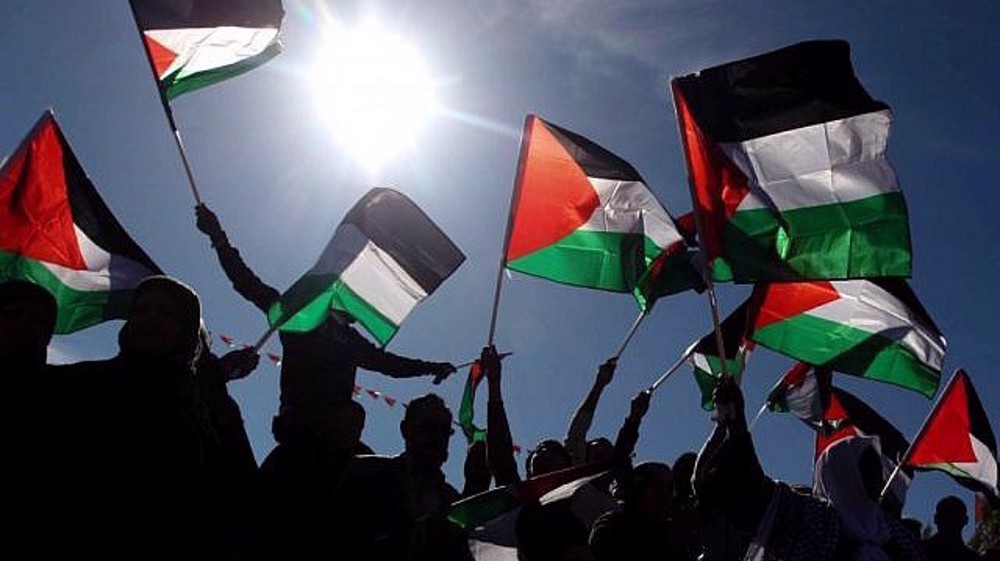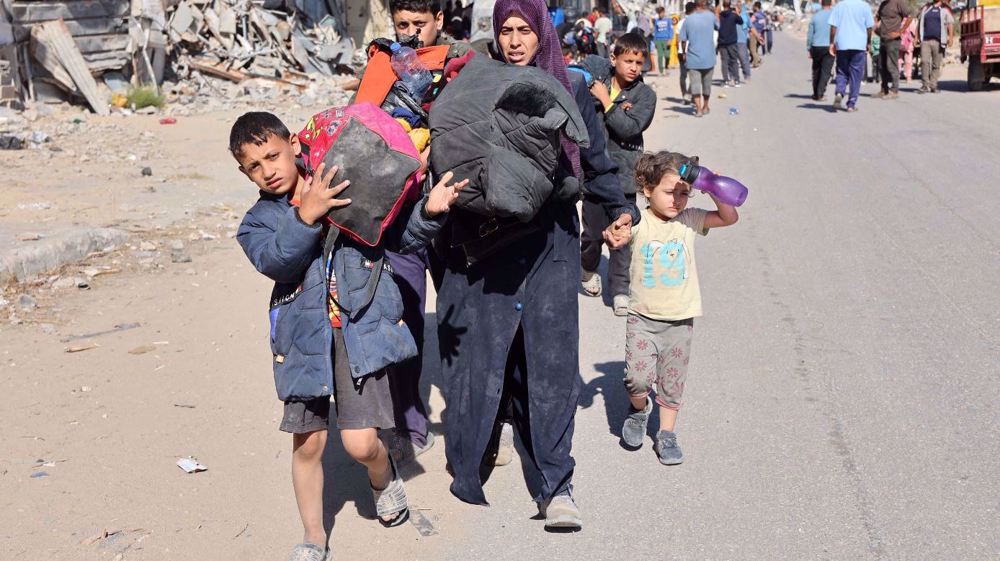Australia discontinues water, electricity services for Aboriginals
The Australian government has decided to discontinue the provision of water and electricity supplies to up to 200 indigenous communities, saying it can no longer afford the basic services, delegating it to state governments.
The remote communities, located across the northern tip of Australia and the Kimberley in the country’s northwest, will be deprived of essential services with the decision by the federal government, Vice News agency reported on Tuesday.
Reactions and repercussions

Meanwhile, Western Australia (WA) state government has said it cannot afford to cover the costs either, estimating that at least some of the 274 communities in the state - perhaps as many as 200 - will have to close.
WA Premier Colin Barnett has, however, announced that cutting water and electricity supplies does not mean the communities will have to close down.
“There is nothing to stop people going on to land,” Barnett said.
Meanwhile, the Amnesty International’s Australia advisor Rodney Dillon has voiced the organization’s concern over the decision, saying the communities have not been informed and the decision was made by “a couple of blokes with a coffee in Perth”
“This is their homeland. It’s where they belong. It’s where they are proud. They are the keepers of the land. Some might stay and die on the land. The older individuals won’t manage it, it might kill them,” Dillon said.

This is not the first time the Australian government has made a decision that is widely believed to neglect the rights of the Aboriginal communities. In 2011, the government shuttered an indigenous community in Oombulgurri, in eastern Kimberley, and relocated the residents to Wyndham, about 45 kilometers away.
“They literally told these people to get out of their homes and that they couldn’t stay or come back, and then dumped them in the mangroves around the town,” Lauren Pike, a spokeswoman for the Kimberley Land Council said
“Houses weren’t provided, nothing was provided,” she said.
Around 500,000 of Australia’s 22 million-strong population claim Aboriginal heritage and cultural values.
Amnesty International has criticized the Australian government for what it describes as racially discriminatory policies toward the Aborigines.
Indigenous communities are considered the most disadvantaged in Australia, suffering higher rates of imprisonment, unemployment, illness and child mortality.
HJM/HJL/HMV
'Hello my enemies': Lebanese journalist on Israeli threats and his resolve to continue
Outrage in France as MP proposes bill to ban criticism of Israel
VIDEO | The strategy of Hezbollah in war
Israeli military withdraws several brigades from southern Lebanon: Report
48-year-old Palestinian man serving 48 life terms completes 22 years in Israeli jails
From MKO to Tondar, how Germany became safe haven for anti-Iran terror groups
Hamas open to any proposal aiming to end Gaza war: Hamdan
Role of private sector in Iran’s thriving space industry










 This makes it easy to access the Press TV website
This makes it easy to access the Press TV website